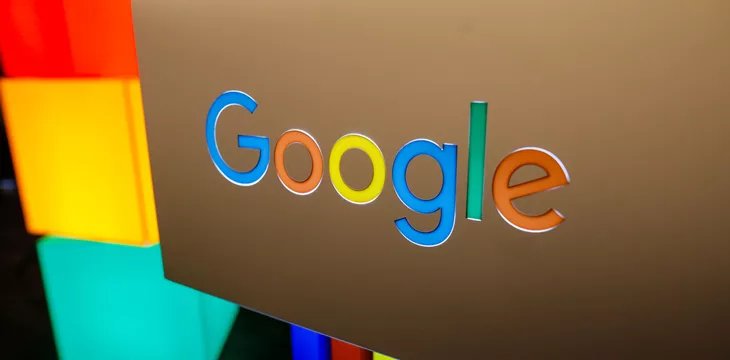|
Getting your Trinity Audio player ready...
|
Days after its helpful content system update, critics are raising concerns over Google (NASDAQ: GOOGL) decision to place artificial intelligence (AI) content on the same level as human-generated content.
In its update, Google stated that it will place a premium on content “created for people,” hinting that AI-generated content will receive equal treatment with human-generated content on the search engine’s ranking. It added that the main distinction will be whether or not visitors to a website have a satisfying experience.
In its previous iteration, Google’s automated ranking systems rated “helpful content written by people” as superior, with a Google spokesperson stating that the update was necessary to align its ranking strategy with its guidance on AI-generated content.
However, the new stance has prompted diverse reactions, with the ecosystem split on two fronts. One group views the update as a forward-thinking move, stating that AI-generated content has the potential to offer “satisfying content” for users, given the rapid development of generative AI.
However, critics of the update argue that the new policy may lead to an avalanche of AI-generated content on the web, muzzling original and creative thought.
“This policy change is staggering, to be frank,” said one critic. “To wash their hands of something so fundamental is breathtaking. It opens the floodgates to a wave of unchecked, unsourced information sweeping through the internet.”
Critics argue that the mass reliance on AI could trigger new issues, including hallucinations, errors, and the grim prospect of circulating fake news. However, some analysts argue that original, human-generated content will continue to rank higher because of the exclusivity of content, a stance held by Google Search Relations team lead John Mueller.
“If you want search engines to send folks your way, you need to provide something that’s not the same as on other sites,” said Mueller. “By definition (I’m simplifying), if you’re using AI to write your content, it’s going to be rehashed from other sites.”
One reason for removing the distinction between content generated by humans and AI may be the increasing difficulty Big Tech firms face in spotting their differences. OpenAI pulled the plug on its AI detection tool, citing low accuracy rates as generative AI grows by leaps and bounds.
Google Search gets new AI features
Google Search is set to receive new AI-based functionalities, with the company confirming the launch of an AI-powered search experience. Users of the new feature will receive instant summaries of technical concepts by merely hovering the mouse or via a simple tap.
Google has adopted an “ecosystem approach” with its AI foray, rolling out a suite of AI services for its consumer products after testing the waters with its generative AI chatbot, Bard. Despite the innovation, Google has reiterated its commitment to ensuring safe AI usage and development to protect emerging sectors from bad actors.
Watch: Turning AI into ROI – Albert Cuadrante, Roger Collantes, Rafael Fernandez De Mesa

 02-14-2026
02-14-2026 




